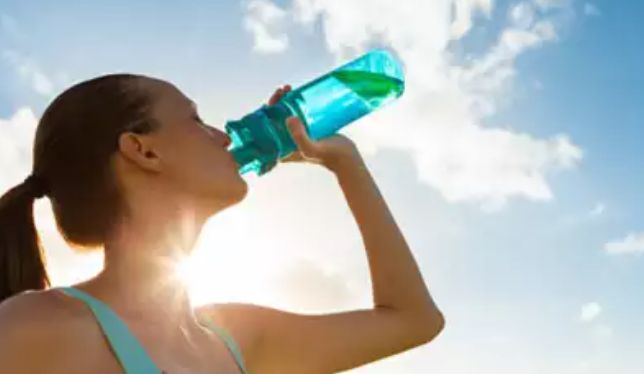Unexplained fatigue and lethargy
Unexplained fatigue can be linked to dehydration. When the body lacks sufficient fluids, blood volume decreases, leading to reduced oxygen and nutrient delivery to tissues. This hampers energy production, causing fatigue. Dehydration also impairs the body’s ability to regulate temperature, forcing the heart to work harder. Additionally, water is vital for various metabolic processes that generate energy. Chronic dehydration can contribute to persistent fatigue, affecting cognitive and physical performance. Recognizing the connection between unexplained fatigue and dehydration underscores the importance of maintaining proper fluid balance for overall well-being, mental alertness, and sustained vitality.
Are you having frequent headaches?
Headaches are commonly associated with dehydration. Inadequate water intake reduces blood volume and affects the brain’s ability to cushion itself with cerebrospinal fluid, leading to discomfort. Dehydration also causes electrolyte imbalances, impacting nerve function and contributing to headaches. When dehydrated, blood vessels may narrow, restricting blood flow to the brain and triggering pain. Recognizing the link between headaches and dehydration emphasizes the importance of staying adequately hydrated to support overall health and alleviate headache symptoms. How ghee can help in both weight gain and weight loss
How to ensure proper hydration?
Set specific times during the day to drink water. For example, have a glass of water when you wake up, before meals, and before bedtime. Creating a routine helps ensure consistent hydration. Keep a reusable water bottle with you throughout the day. This makes it convenient to sip water regularly, whether you’re at work, running errands, or exercising. Pay attention to your body’s signals. If you feel thirsty, drink water. Also, consider the environmental factors; hot weather, exercise, or illness may increase your fluid needs. Incorporate water-rich foods into your diet, such as fruits (watermelon, strawberries) and vegetables (cucumbers, celery). These foods contribute to overall hydration.


























